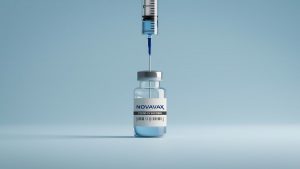
Half of U.S. parents think social media is bad for their kids’ mental health, a new survey reveals. The finding highlights growing concerns about how these platforms affect children’s and adolescents’ well-being, according to the On Our Sleeves Movement for Children’s Mental Health, which had the Harris Poll conduct the survey. The program encourages parents to help their kids by talking regularly about how using social media makes their children feel. While in the past year some platforms like TikTok have introduced new safety measures and lawmakers have talked about limiting access, that’s not enough, the researchers said. “This is a positive step, but parents can’t trust that this is enough,” said Dr. Ariana Hoet, clinical director of On Our Sleeves and a pediatric psychologist at Nationwide Children’s Hospital in Ohio. “Social media has the ability to increase anxiety and depression in children when used inappropriately, as well as potentially open them up to inappropriate sharing, hurtful language, bullying and more.” The survey questioned more than 2,000 U.S. adults, including more than 700 parents of children younger than 18, in late March and early April. The survey found that the number of adults who said social media has a positive impact on children’s mental health fell to just over one-third. It was 43% in 2022. “Be curious about what your child is doing on social… read on > read on >
































-300x200.jpg)




